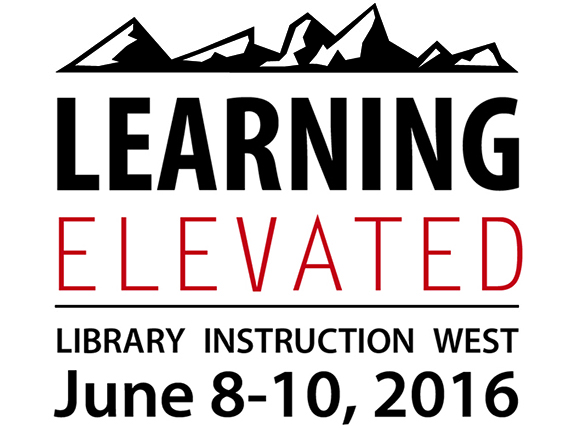
June 10, 2016
Constructing Knowledge in the Health Sciences: A Range of Possibilities
Start Date
6-10-2016 2:30 PM
End Date
6-11-2016 3:30 PM
Description
This interactive session will explore the implications of the new ACRL Information Literacy Framework for health sciences education, specifically in the areas of evidence-based practice, case-based learning, clinical reasoning, and interprofessional education. We will collectively describe knowledge practices and dispositions as they apply to the health sciences in general, and to anticipate and mitigate differences among specific disciplines (e.g. nursing, medicine, pharmacology) in order to foster an environment for learning and practice that encourages reflection, inquiry, and collaboration. Although the disciplinary framework of this session will be health sciences education, we anticipate that the process of thinking through these issues with fellow practitioners and reflecting deeply on knowledge practices will benefit any librarian or educator who is interested in developing information literacy instruction that is more dynamic and intentional.
Constructing Knowledge in the Health Sciences: A Range of Possibilities
This interactive session will explore the implications of the new ACRL Information Literacy Framework for health sciences education, specifically in the areas of evidence-based practice, case-based learning, clinical reasoning, and interprofessional education. We will collectively describe knowledge practices and dispositions as they apply to the health sciences in general, and to anticipate and mitigate differences among specific disciplines (e.g. nursing, medicine, pharmacology) in order to foster an environment for learning and practice that encourages reflection, inquiry, and collaboration. Although the disciplinary framework of this session will be health sciences education, we anticipate that the process of thinking through these issues with fellow practitioners and reflecting deeply on knowledge practices will benefit any librarian or educator who is interested in developing information literacy instruction that is more dynamic and intentional.

